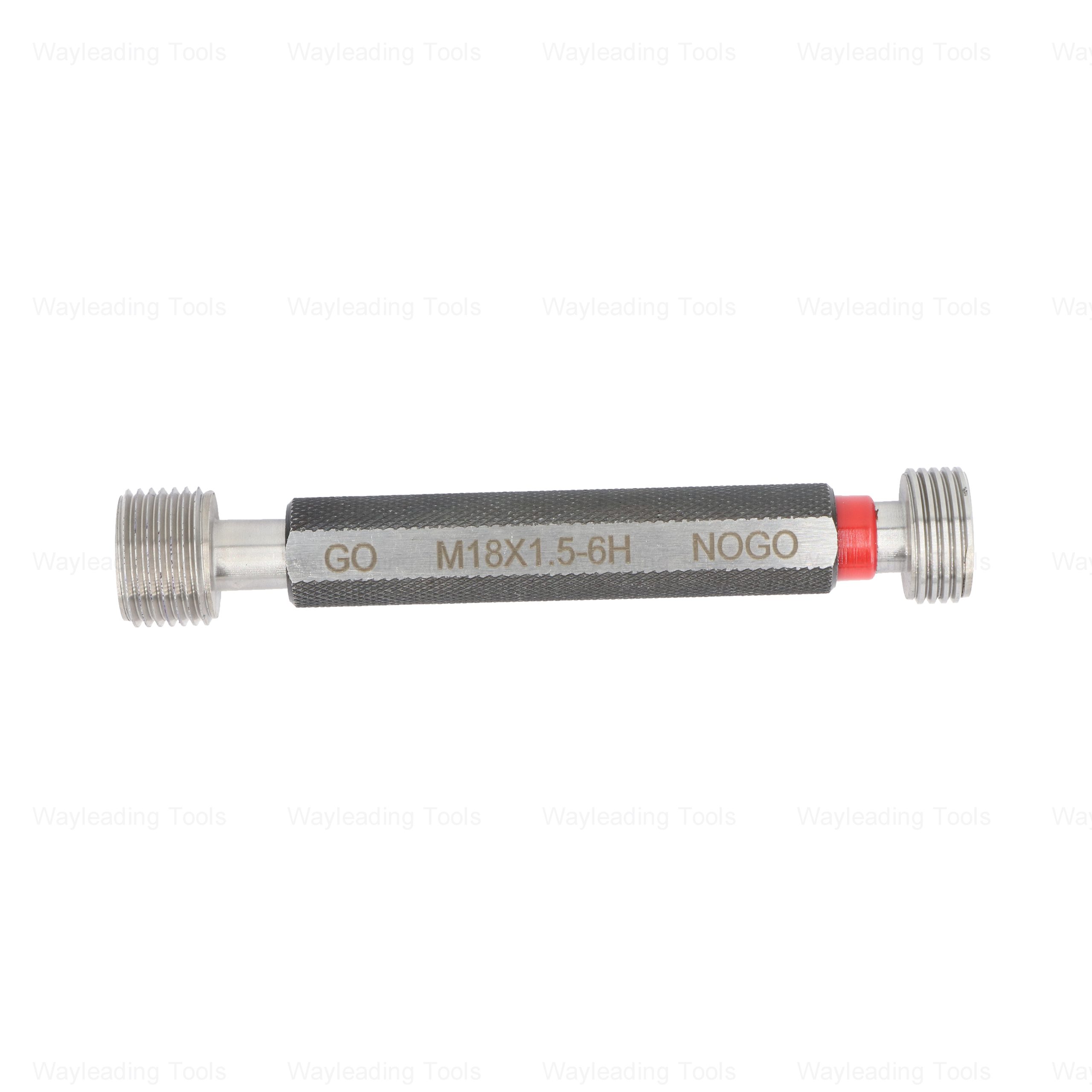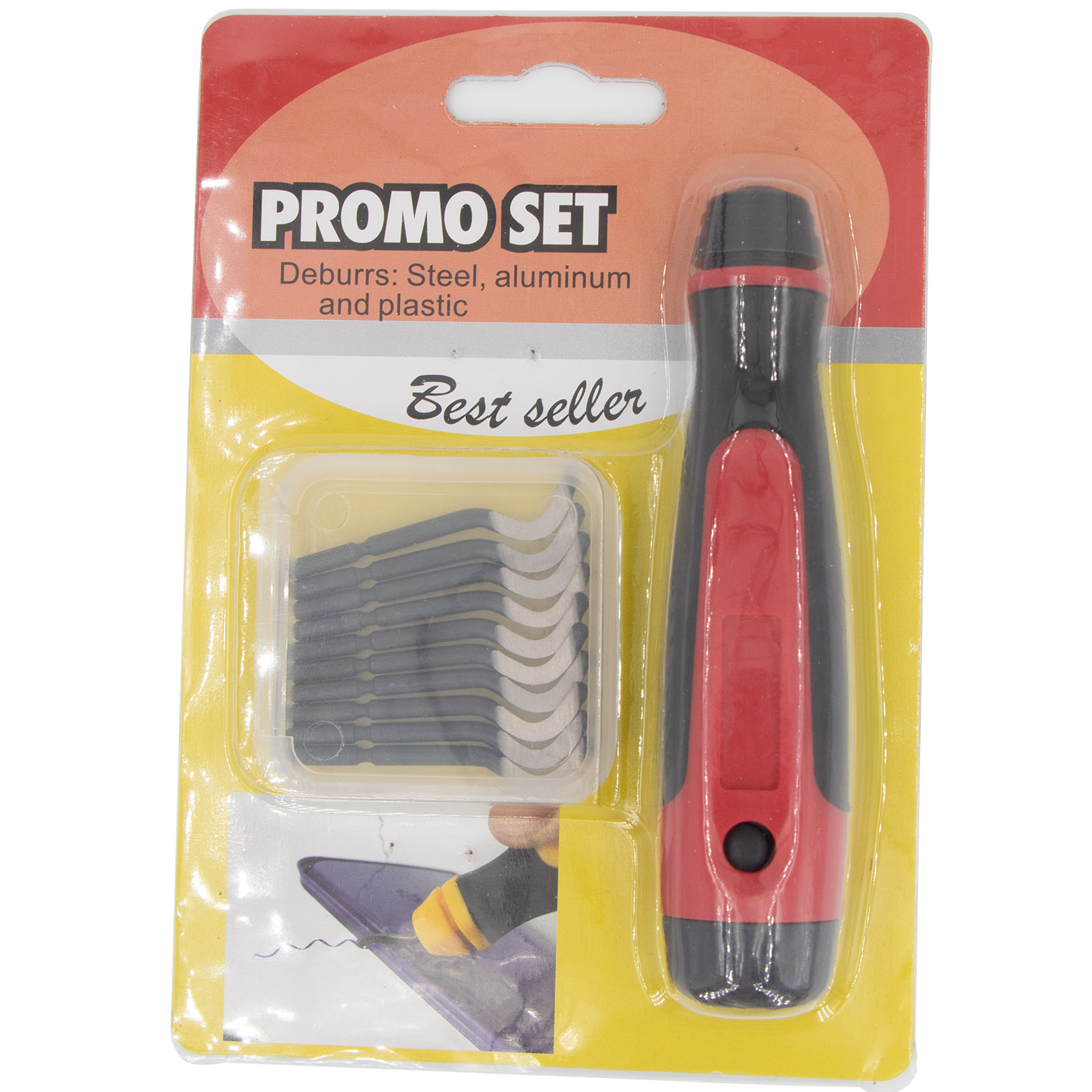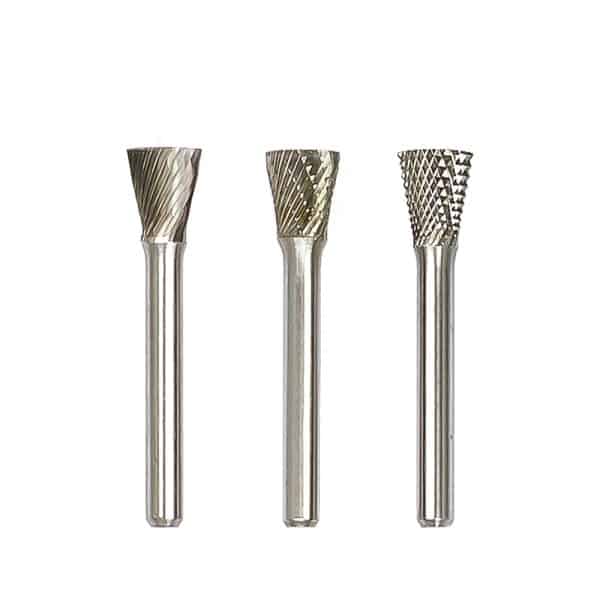face mill Factories
Face mill factories specialize in the production of cutting tools used for machining flat surfaces on workpieces. Choosing the right factory involves understanding their capabilities, materials used, precision, and applications. This guide provides an in-depth look at selecting a suitable face mill factory, covering key aspects like types of face mills, factors to consider during selection, and common applications.
Understanding Face Mills and Their Types
Face mills are essential cutting tools in various industries, used for creating flat surfaces and achieving specific finishes on metal workpieces. Different types of face mills cater to various machining needs. Here's a breakdown:
Types of Face Mills
- Shell Mills: Typically smaller in diameter, shell mills are mounted on an arbor and are ideal for lighter cuts and finishing operations.
- Indexable Face Mills: These face mills use replaceable carbide inserts, offering versatility and cost-effectiveness. When an insert wears out, it can be easily replaced without replacing the entire mill.
- High-Feed Face Mills: Designed for high material removal rates, these mills use shallow depths of cut and high feed rates to quickly machine large surfaces.
- Cartridge Face Mills: Feature adjustable cartridges that hold the cutting inserts, allowing for precise control over the cutting geometry and surface finish.
Key Considerations When Choosing a Face Mill Factory
Selecting the right face mill factory is crucial for obtaining high-quality, reliable cutting tools. Consider the following factors:
Material and Manufacturing Process
The quality of a face mill depends heavily on the materials used and the manufacturing processes employed. Look for factories that use high-grade materials like alloy steel or carbide.
Material Considerations:
- Alloy Steel: Provides good toughness and wear resistance, suitable for general-purpose machining.
- Carbide: Offers superior hardness and heat resistance, ideal for high-speed machining and hard materials.
The manufacturing process should involve precision grinding, heat treatment, and quality control measures to ensure dimensional accuracy and durability.
Precision and Tolerance
The precision of a face mill directly impacts the accuracy of the machined surface. Inquire about the factory's machining capabilities and tolerance levels. A reputable face mill factory should be able to provide detailed specifications and quality control reports. CNC machining ensures better precision and repeatability.
Customization Options
If your application requires specific dimensions, geometries, or coatings, choose a face mill factory that offers customization options. Custom face mills can be tailored to your exact needs, optimizing performance and efficiency.
Quality Control and Certifications
A reliable face mill factory should have a robust quality control system in place. Look for certifications like ISO 9001, which indicates that the factory adheres to international quality management standards. Thorough inspection processes, including dimensional checks, material testing, and performance testing, are essential.
Pricing and Lead Times
Compare pricing from different factories and consider the lead times for production and delivery. While cost is a factor, prioritize quality and reliability. Longer lead times may be acceptable if the factory offers superior quality or customization options.
Applications of Face Mills
Face mills are used in a wide range of applications across various industries. Here are some common examples:
- Automotive: Machining engine blocks, cylinder heads, and other components requiring flat surfaces.
- Aerospace: Manufacturing aircraft structural parts, engine components, and landing gear parts.
- Mold and Die Making: Creating precise molds and dies for plastic injection molding, die casting, and stamping.
- General Machining: Producing flat surfaces on a variety of metal parts for various industrial applications.
Finding Reliable Face Mill Factories
Finding the right face mill factory can be achieved through several methods. Here are a few suggestions:
- Online Directories: Platforms like Alibaba, Made-in-China, and IndustryNet list numerous face mill factories.
- Trade Shows: Attend industry trade shows like IMTS (International Manufacturing Technology Show) or EMO (European Machine Tool Exhibition) to meet manufacturers and see their products firsthand.
- Referrals: Ask for referrals from other manufacturers or industry professionals.
| Material | Hardness | Toughness | Heat Resistance | Application |
|---|---|---|---|---|
| Alloy Steel | Moderate | High | Moderate | General Purpose Machining |
| Carbide | Very High | Moderate | High | High-Speed Machining, Hard Materials |
Wayleading Tools: Your Partner in Quality Cutting Tools
At Wayleading Tools, we understand the importance of high-quality cutting tools. As a leading provider of precision tools, we offer a wide range of face mills and other cutting solutions designed to meet the demands of modern manufacturing. We also provide custom solutions.
Conclusion
Choosing the right face mill factory requires careful consideration of various factors, including material quality, precision, customization options, and quality control. By understanding these aspects and conducting thorough research, you can find a factory that provides reliable, high-performance face mills for your specific needs.
Related products
Related products
Best selling products
Best selling products-
 Partial profile 55° Threading Insert With ER & IR Type
Partial profile 55° Threading Insert With ER & IR Type -
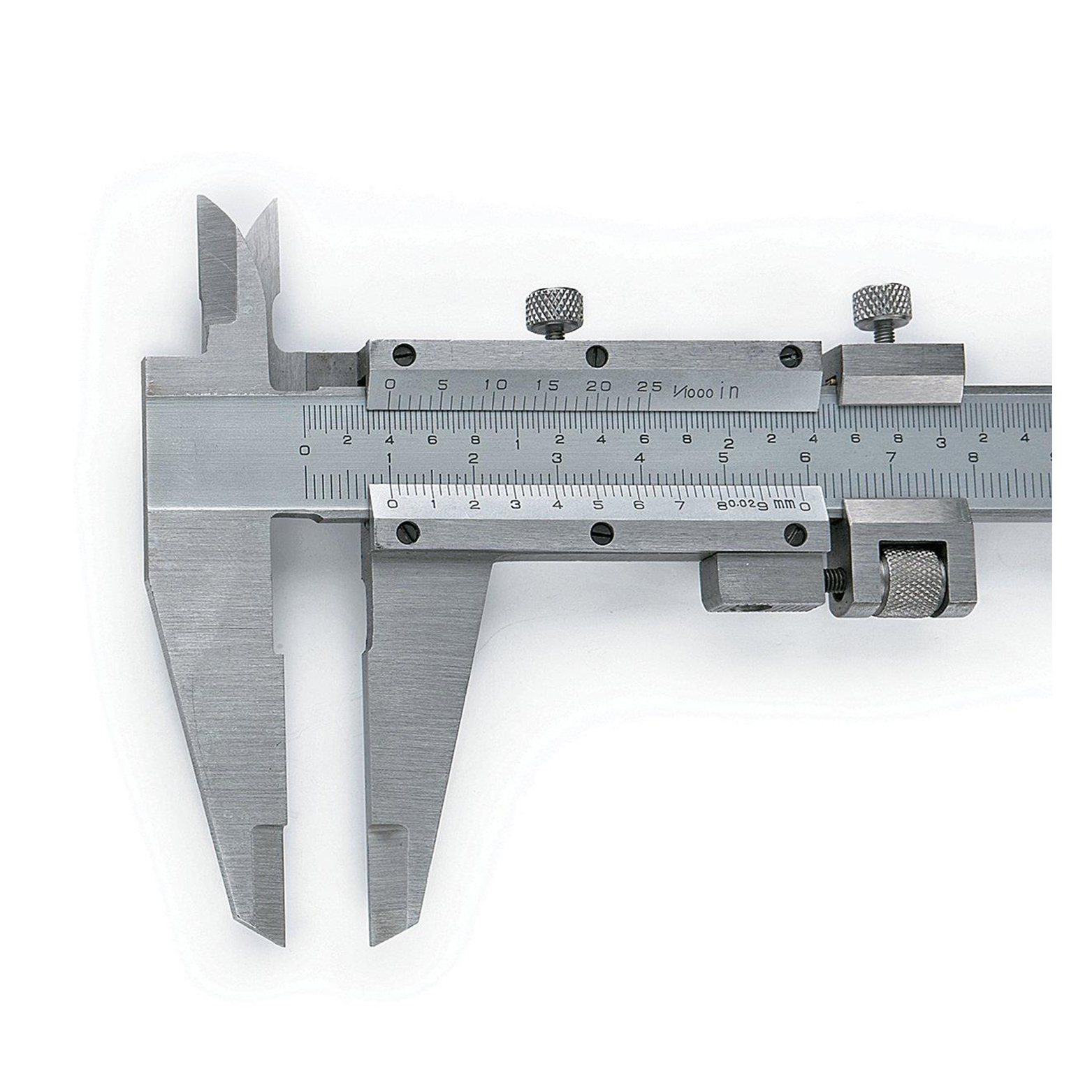 Precision Fine-Adjustment Vernier Caliper Of Metric & Imperial For Industrial
Precision Fine-Adjustment Vernier Caliper Of Metric & Imperial For Industrial -
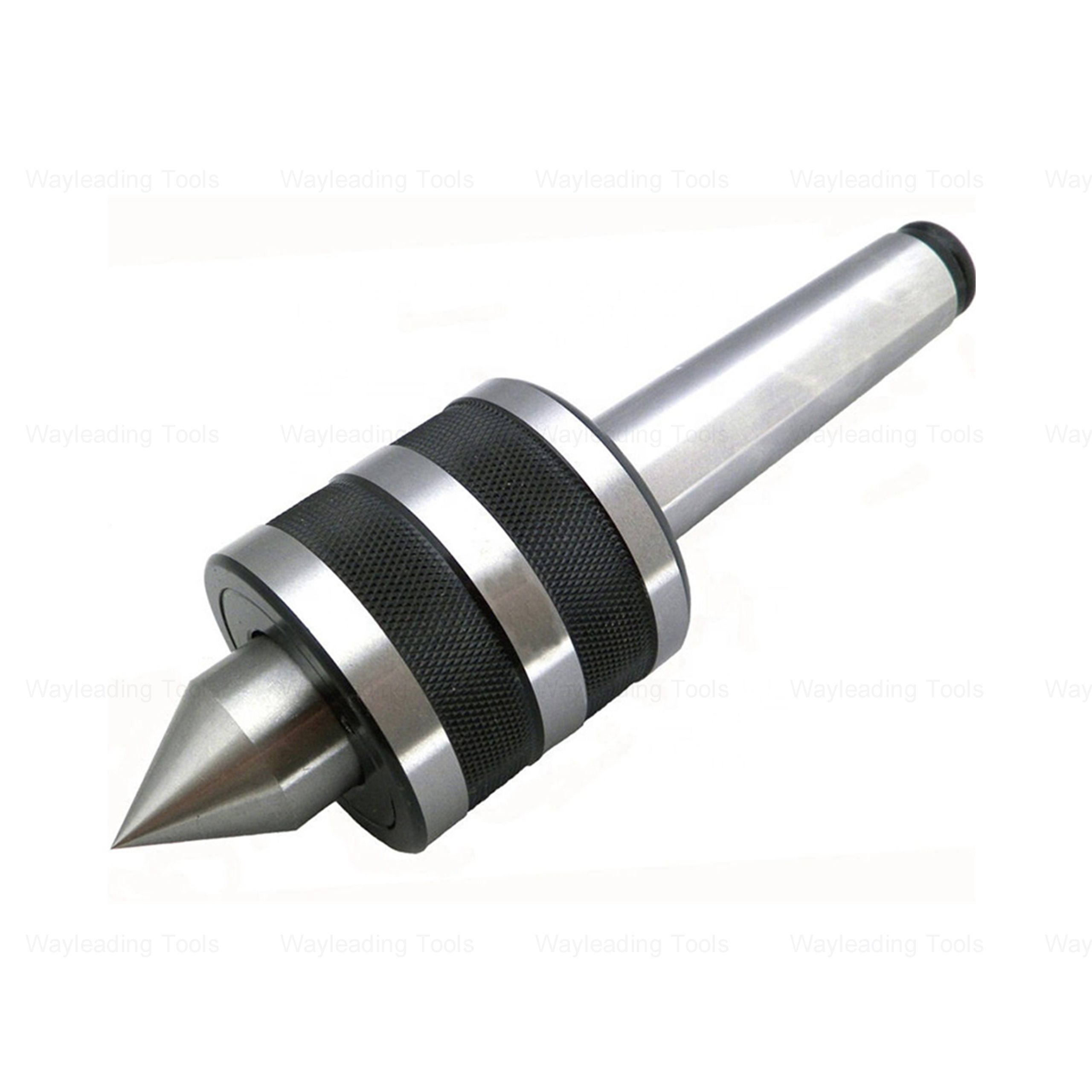 High Precision Medium-Duty Live Center – Hardened Tip, Morse Taper Shank
High Precision Medium-Duty Live Center – Hardened Tip, Morse Taper Shank -
 Precision Monoblock Vernier Caliper With Nib Style Jaws Of Metric & Imperial For Industrial
Precision Monoblock Vernier Caliper With Nib Style Jaws Of Metric & Imperial For Industrial -
 Precision Expanding Mandrel From 9/16″ to 3-3/4″
Precision Expanding Mandrel From 9/16″ to 3-3/4″ -
 Metric HSS Annular Cutters With Weldon Shank For Metal Cutting
Metric HSS Annular Cutters With Weldon Shank For Metal Cutting -
 HSS Shell End Mill Cutter With Bright & TiN Or TiAlN Coated
HSS Shell End Mill Cutter With Bright & TiN Or TiAlN Coated -
 Dead Center For Morse Taper Shank
Dead Center For Morse Taper Shank -
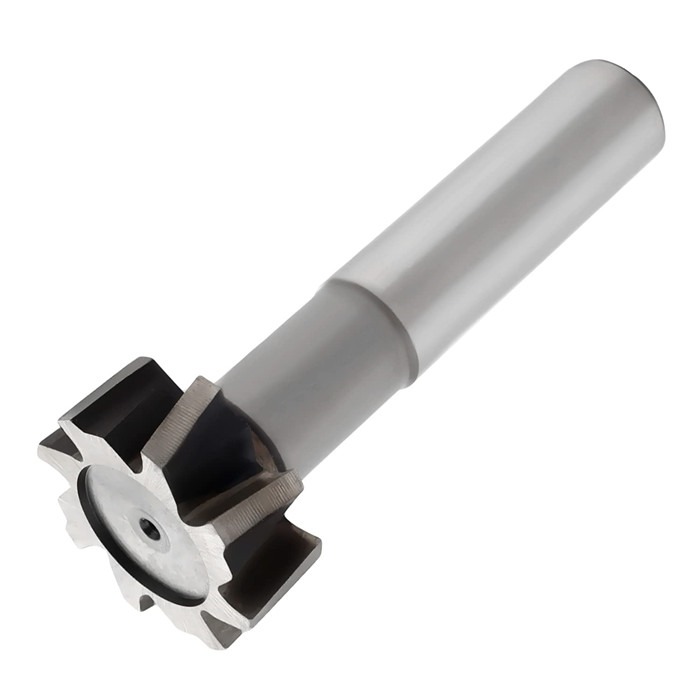 HSS Metric & Inch T Slot End Mill For Industrial
HSS Metric & Inch T Slot End Mill For Industrial -
 HSS Metric Taper Shank Twist Drills for High-Precision Metal Cutting
HSS Metric Taper Shank Twist Drills for High-Precision Metal Cutting -
 Depth Vernier Gauge With Stainless Steel And Monoblock Depth Type
Depth Vernier Gauge With Stainless Steel And Monoblock Depth Type -
 Digital Indicator – Precision Type, Inch/Metric, Industrial Grade
Digital Indicator – Precision Type, Inch/Metric, Industrial Grade




